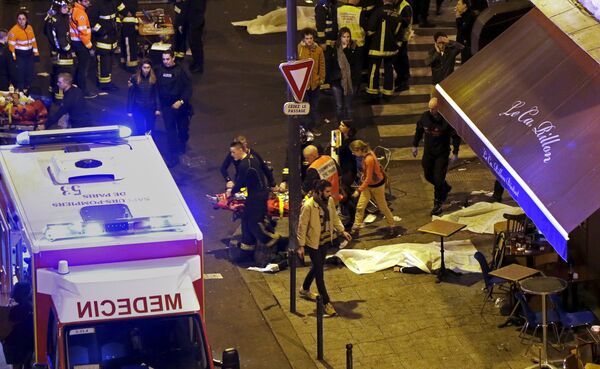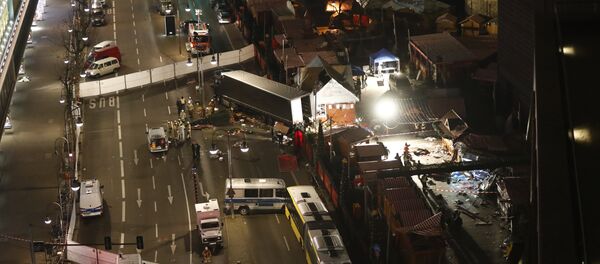The European Council adopted the new stricter border controls, March 7, and they came into force April 7 allowing for member states to "carry out systematic checks against relevant databases on all persons, including those enjoying the right of free movement under EU law […] when they cross the external borders."
Which documents do you need to have for a #Schengen Visa? https://t.co/6yhGc5YRx6 pic.twitter.com/yVqNgbzTKq
— iam (immi&migration) (@iam_immigration) April 7, 2017
"The databases against which checks will be carried out include the Schengen Information System (SIS) and Interpol's database on stolen and lost travel documents (SLTD). The checks will also enable member states to verify that those persons do not represent a threat to public policy, internal security or public health," the Council said in a statement.
The new regulation amending the Schengen borders code (SBC) was presented by the European Commission in December 2015. It is a response to the increase in terrorist threats and to the call from the Council in its conclusions of 9 and 20 November 2015 for a targeted revision of the SBC in the context of the response to "foreign terrorist fighters."

The terror attacks in Paris, in which 130 people were killed — including 89 at the Bataclan theater — and 368 people were injured, exposed major flaws in the external border of the EU Schengen area, in that some of the attackers had been able to travel in and out of the EU without any checks.
The subsequent terror attacks in Brussels, March 22, 2016, where three coordinated suicide bombings occurred at Brussels Airport in Zaventem and at Maalbeek metro station in central Brussels, gave rise to further fears of the lack of controls on Europe's external borders.
Meanwhile, growing Islamophobia throughout Europe has led to many external and internal borders — particularly in Hungary and Poland — being hardened to ensure greater security.
The move is the latest in a series of decisions in the EU to deliver a more coordinated approach to counterterrorism. In January 2016, the EU created the European Counter Terrorism Centre (ECTC) following criticism of EU-wide intelligence failures.
Its external border agency Frontex has been renamed and beefed up. The new European Border and Coast Guard (Frontex) was inaugurated, September 2016. Now border control is more closely aligned to the EU's counterterrorism drive. However, there has been criticism that Spain is using the tougher controls to cause traffic chaos at the border with Gibraltar, in an effort to put pressure on the EU and Britain over the sovereignty issue.
@EU_Commission this isn't fighting terrorism. This is ruining people's lives. #gibraltar #schengen #brexit pic.twitter.com/AJ9cMNBN75
— Andrew Fitzgerald (@onlineamiga) April 6, 2017
The new regulation also enables Frontex to process information containing personal data relating to people suspected of being involved in acts of crime including terrorism and to cooperate with other EU agencies on the prevention of cross-border crime and terrorism.
EU travelers have been warned to expect delays at external borders, however, the new directive states that "where systematic consultation of databases could lead to a disproportionate impact on traffic flows at a sea or land border, member states are permitted to carry out only targeted checks against databases, provided that this will not lead to risks related to internal security, public policy, or the international relations of the member states, or pose a threat to public health."





